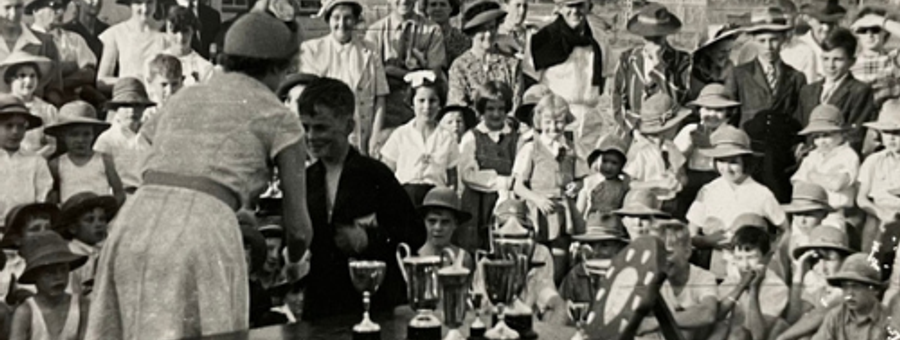

Junior School Sports Day

Personal goals can be frustrating because we often fail to achieve them
Boyhood Zimbabwe Leadership Goals
Few would deny that having and achieving your personal goals is an essential part of being happy and feeling good about yourself. But it’s also true that far too often we come up short when it comes to our personal goals. This week, we will explore why we struggle and then turn it around to set goals that stick.
A personal story
When I was sixteen I hit an all-time low. After ignominiously failing all my school leaving exams, I put on weight despite showing early promise as an athlete. I was jocularly called “Roundy Rooney” by my sharper-tongued friends. Though I felt dispirited, I also felt highly motivated to change.
There was no quick fix for my academic record, but I did start taking better care of myself. I started running and working out. This, in turn, led me to develop a better self-image. I returned to playing sports competitively and began feeling better about myself. Besides helping me lose weight, those vigorous workouts had another massive side benefit: the endorphins, or “happy hormones,” released during training were key in restoring my mental well-being and increasing my low self-esteem.
The best thing about a workout program is that it is hard to fail. You are not competing against anyone—just yourself! You can begin by setting a goal that is nearly impossible to fail at, say 5 measly minutes a day. Before long, 5 minutes climbs to 10, and soon the daily workout is practically automatic. Eventually, 30 minutes becomes a breeze.
In my case, after 3 months of seeing positive results, I wouldn’t let a single day go by without doing my workout regime: daily exercise had embedded itself in my life. What was once a “new” habit is now a critically important part of my daily routine. Since my teenage years, I have only very rarely missed a day when I do not work out between 30 and 90 minutes. My weight is stable, and I enjoy a healthy diet uplifted in the evening with my ritual glass of wine (or two!).
What are the two key lessons we can take from this story about making personal goals that stick?
#1: Your goal(s) must be personally meaningful and important to you
As a teenager, I was highly motivated to change. I wanted to lose weight and get into great shape so that I could restore my self-respect and make the best of my athletic skills. The sacrifice of giving up potatoes—a food I loved!—and enduring boring road running seemed a small price to pay for this desired outcome.
Therefore, to set goals that stick, you will need to feel a strong sense of purpose— sufficiently strong that you can endure the “pain” of giving up whatever you need to sacrifice in order to establish new and better habits.
#2: A new habit typically takes a lot longer to “stick” than you think, so don’t expect overnight success.
New habits do not grow overnight. Some can take as little as 30 days to establish, but most typically take a lot longer—as much as 90 to 120 days. Initially, you need to see small and steady incremental improvements so that you feel motivated to keep going. Start out with a mini daily goal (e.g., 5 minutes of walking) that you are guaranteed to achieve. Then slowly increase the target towards your ultimate goal. Typically, after 30 to 90 days, your new habit becomes automatic, a behavior you do without much conscious thought.
One final thing about making exercise a habit: working out and keeping fit are considered “anchor goals.” That means exercise works synergistically with other personal goals, making it easier to achieve them.
Subscribe to The Rooney Rambles
Thanks for signing up!
I respect your privacy. Your personal information will never be shared with a third party.